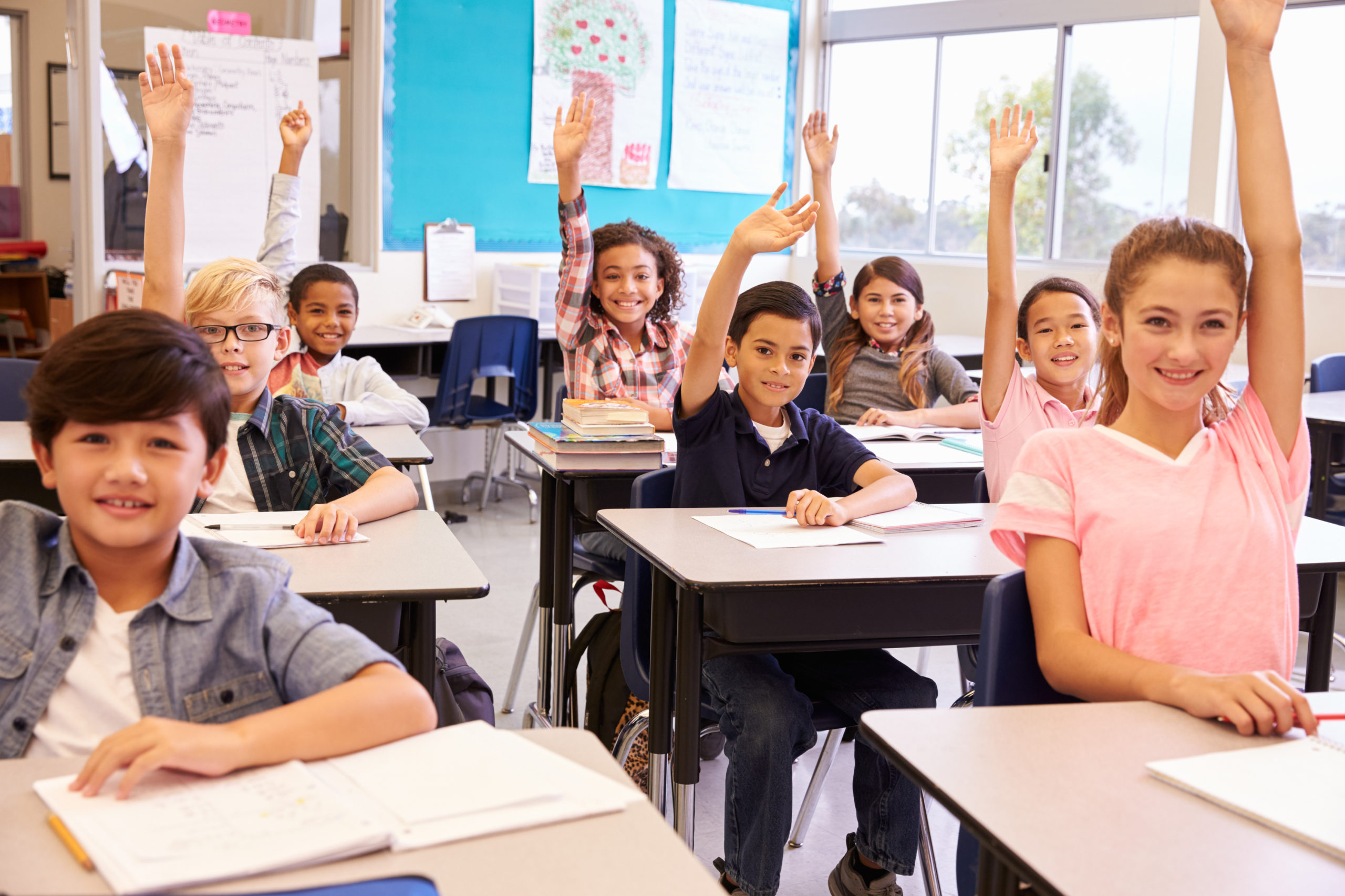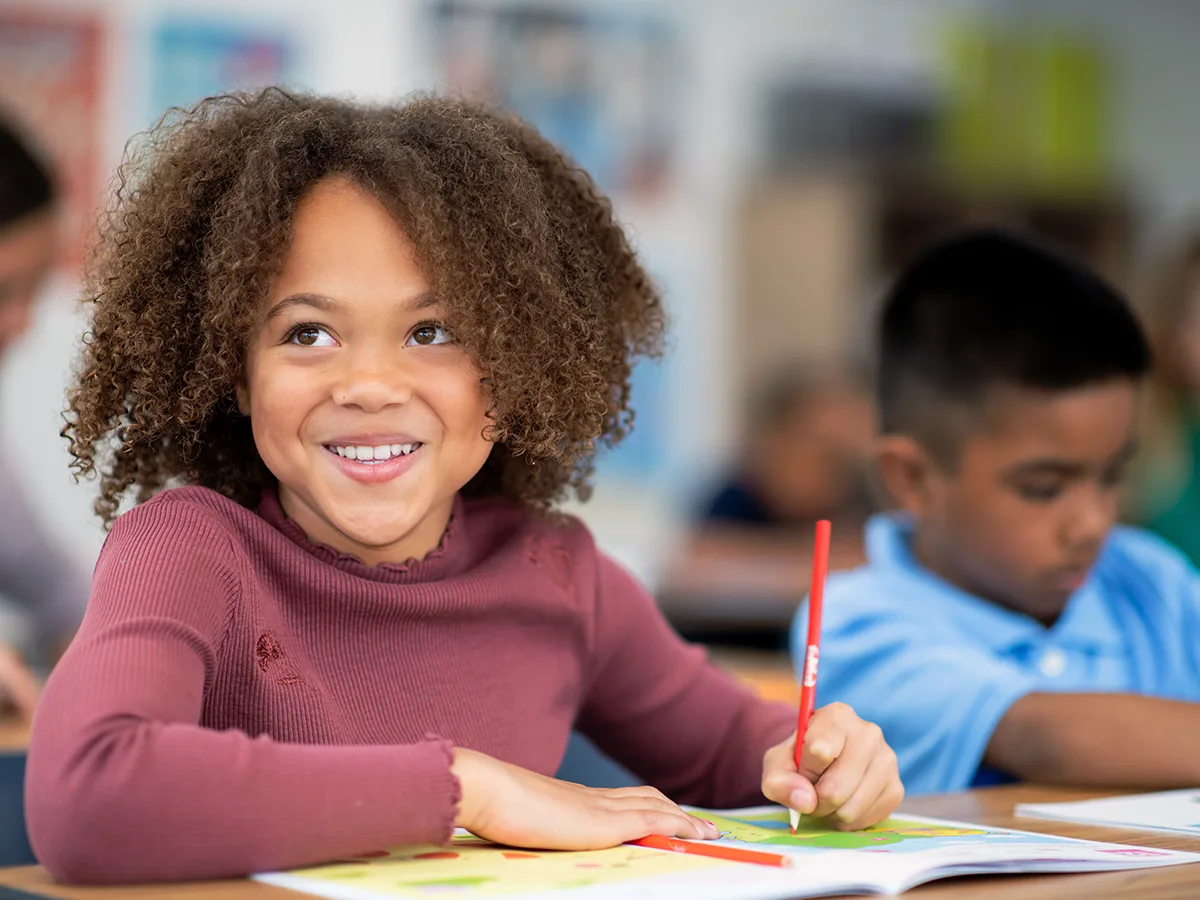Why It's Important to Rally With Each Other to Save Temecula Schools
Why It's Important to Rally With Each Other to Save Temecula Schools
Blog Article
Understanding the Value of Institutions in Kid Growth and Neighborhood Development
Institutions' interaction with regional areas with service-learning initiatives strengthens the bond between family members and academic institutions. This symbiotic partnership underscores the importance of colleges in supporting energetic citizenship and lifelong learning behaviors.
Academic Achievement
Academic accomplishment acts as a cornerstone of youngster advancement, providing the structure whereupon future knowing and success are developed. Colleges play an essential function in fostering this scholastic development, using structured environments where kids can acquire important expertise and cognitive abilities. Standard educational program make sure that students gain efficiency in core subjects such as mathematics, scientific research, and language arts, which are important for both higher education and learning and professional possibilities.
Along with presenting basic academic abilities, colleges also grow essential thinking, analytic capacities, and intellectual curiosity. These cognitive proficiencies are crucial for navigating complicated real-world circumstances and adjusting to the ever-evolving demands of the modern-day workplace. Teachers, as facilitators of learning, utilize varied pedagogical approaches to deal with different learning styles, therefore making the most of specific student capacity.
In addition, academic success is carefully connected to self-worth and motivation. Kids who experience academic accomplishments are a lot more likely to develop a positive self-concept and a long-lasting enthusiasm for knowing. Colleges also provide different resources, such as collections and technology, which better enhance the academic experience and prepare students for a highly advanced society.
Social Skill Growth
Beyond academic accomplishment, the function of institutions in social skill advancement is essential. Schools act as a main place for children to discover and practice vital social abilities such as teamwork, dispute, and communication resolution. In the structured setting of a class, trainees engage with peers, teachers, and other school staff, offering countless opportunities to develop these crucial abilities.
Efficient social ability advancement in institutions is assisted in with group activities, joint jobs, and extracurricular programs. These communications assist students understand social norms, build compassion, and promote a sense of neighborhood. Group jobs instruct trainees exactly how to work with each other in the direction of a typical objective, listen to various viewpoints, and navigate differences constructively.

The cultivation of social skills throughout school years lays a foundation for future personal and expert partnerships. Save Temecula Schools. As pupils grow, the ability to properly communicate and work together comes to be increasingly important, highlighting the school's important duty in all natural child advancement
Exposure to Diversity
Exposure to diversity in institutions is fundamental to fostering a comprehensive attitude and expanding students' point of views. Schools function as a microcosm of the more comprehensive culture, and coming across varied cultures, languages, and socioeconomic backgrounds within this atmosphere outfits pupils with essential abilities for navigating a progressively globalized globe. This exposure urges empathy, decreases prejudices, and promotes mutual respect among peers.
Research shows that trainees who interact with peers from varied histories display better analytic skills and imagination. This understanding of variety prepares pupils for future workplaces that value modern skills - Save Temecula Schools.

Area Involvement
The advantages of diverse classrooms expand past the school walls, fostering a strong feeling of area engagement among pupils. By communicating with peers from different social, socioeconomic, and ethnic histories, trainees gain a more comprehensive viewpoint and an appreciation for diversity. This exposure encourages them to end up being energetic people that are ready to add positively to their neighborhoods.
Institutions that highlight neighborhood engagement usually integrate service-learning jobs, which allow students to address real-world problems while applying academic skills. These tasks not just enhance trainees' understanding of their coursework however likewise instill a sense of obligation and empathy. Partnerships in between colleges and neighborhood organizations provide trainees with possibilities to participate in neighborhood events, better strengthening their role as positive neighborhood members - Save Temecula Schools.
Additionally, adult and neighborhood participation in schools strengthens the bond in between educational organizations and the areas they offer. Through these efforts, institutions play a pivotal function in supporting Recommended Reading area involvement and fostering societal development.
Lifelong Learning Practices
Establishing long-lasting knowing habits is necessary for a youngster's continuous growth and flexibility in an ever-changing globe. Schools play a pivotal role in instilling these practices by developing an like this environment that promotes interest, important reasoning, and a love for understanding. With diverse curricula and after-school activities, instructors urge pupils to discover different topics, assess info critically, and apply their learning to real-world situations.

Furthermore, institutions provide a structured atmosphere where youngsters can establish self-control and time management skills, both of which are crucial for continuous knowing. By highlighting the significance of establishing objectives, reviewing development, and adjusting strategies, schools prepare students to browse the complexities of adult life, ensuring they stay long-lasting students and factors to society.
Verdict
In verdict, institutions are vital in fostering youngster advancement and neighborhood growth by offering settings helpful to academic accomplishment, social skill growth, and direct exposure to diversity. Inevitably, institutions cultivate long-lasting discovering practices, equipping people with the required knowledge and check my blog abilities to contribute favorably to society.
In the structured atmosphere of a classroom, pupils engage with peers, teachers, and other college staff, using numerous chances to create these vital capacities.
In essence, exposure to variety within schools not just enriches specific students however also enhances the social textile of the community as a whole.
The benefits of varied class prolong past the school walls, promoting a solid sense of community interaction amongst pupils.Colleges that emphasize area interaction often incorporate service-learning jobs, which enable trainees to resolve real-world problems while using scholastic abilities. Collaborations in between schools and regional organizations provide students with opportunities to take part in neighborhood events, additionally solidifying their function as aggressive area participants.
Report this page